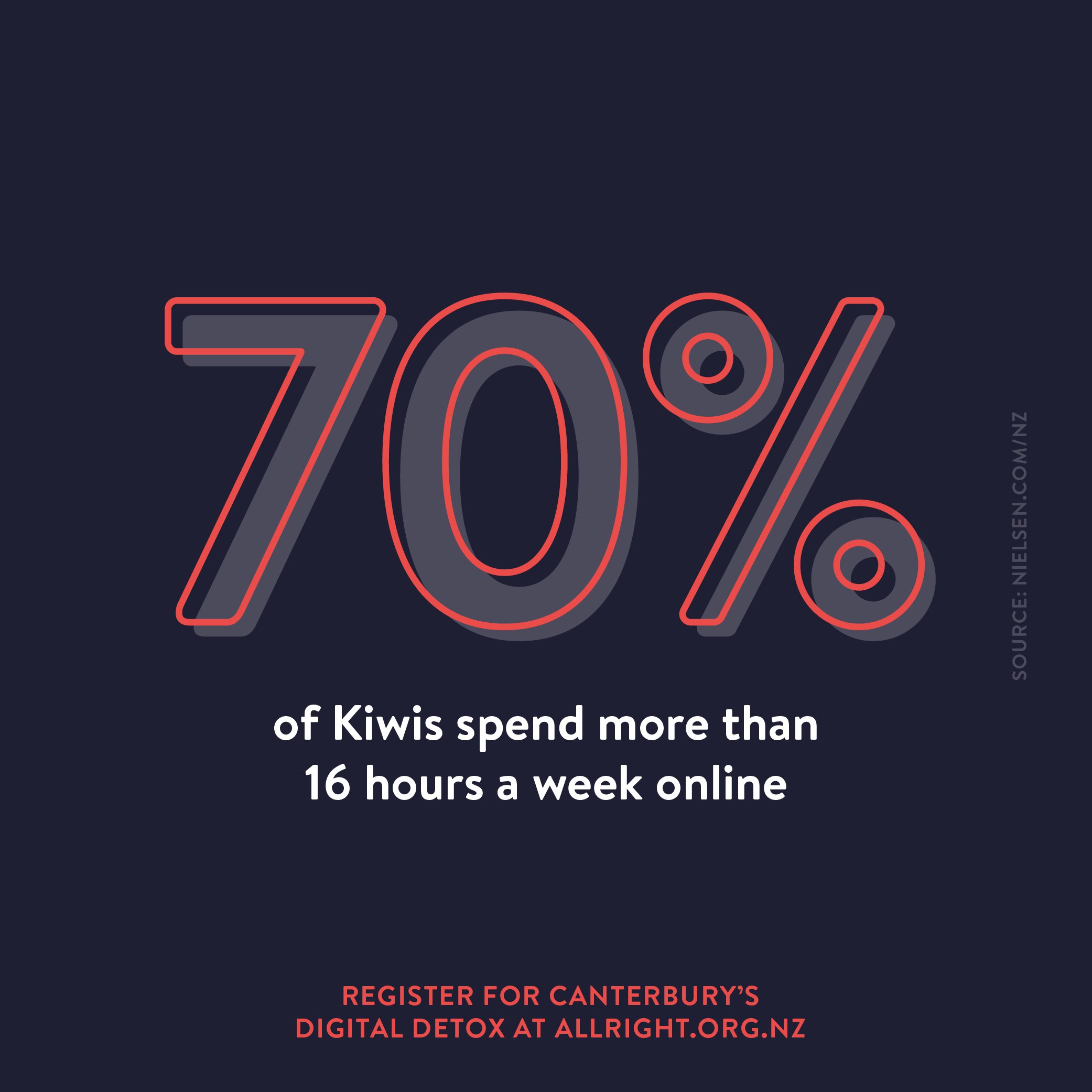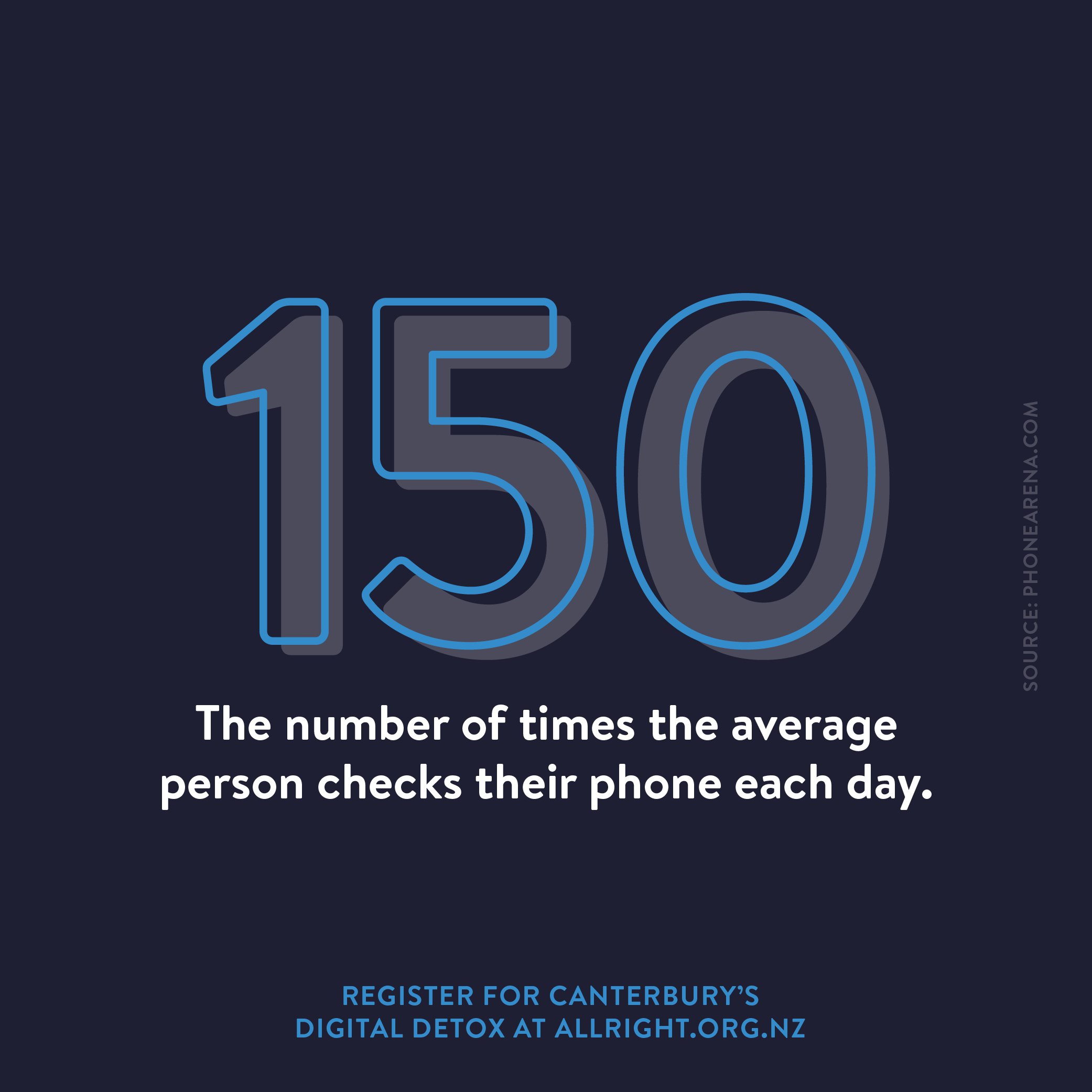The benefits of unplugging
For most of us completely unplugging is unrealistic – sometimes there are simply calls to take, texts or emails to answer or moments we want to capture and share. But this doesn't have to mean being online and available 24/7.
Being away from our screens for short periods has many benefits.
Overall, it allows us to slow down and focus on the things that matter most, like enjoying the outdoors, spending time with loved ones or giving something new a go. Those things lower stress levels, improve relationships and boost wellbeing.
Five Tips to Help Your Digital Detox
- Set some time aside each day that is screen-free. For those who want to take things further… why not make part of your weekend screen free?
- Wear a watch. One of the most common reasons to pick up your phone is to see the time… and from there it’s a speedy spiral to car karaoke and cat videos!
- Turn off your notifications … less chirping means less checking!
- Switch your phone to flight mode. Turning off your transmission function means you to enjoy your camera and music in peace.
- Sleep easy! Use an old-school alarm and leave your phone in a different room when you go to bed. Light from screens stops production of the hormone melatonin, which is vital for getting to sleep.
Most of all have fun, be consistent and focus on all the things you gain from these small bursts of digital downtime.

